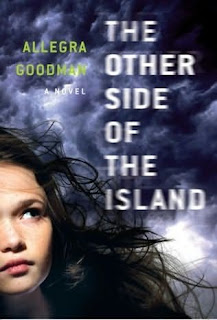
Yes it's Book Week and that means lots of fun activities at school, culminating in a dress up day tomorrow.
The theme, as you can see is Book Safari and here you can dress to the theme OR come as your favourite character. I will be combining the two and dressing as Tigger (photos tomorrow.) Do you remember parading as your favourite character when you were a kid? And who would you choose now?
On Friday the winners of the CBC awards will be announced. Have you read any of these?
D.M. CORNISH Monster Blood Tattoo Book Two: Lamplighter (Omnibus Books, Scholastic Australia)
Anthony EATON Into White Silence (Woolshed Press, Random House Australia)
Jackie FRENCH A Rose for the Anzac Boys (Harper Collins Publishers)
Melina MARCHETTA Finnikin of the Rock (Viking Penguin Group Australia)
James MOLONEY Kill the Possum (Penguin Group Australia)
Shaun TAN Tales from Outer Suburbia (Allen & Unwin)
My guess, and it would be a complete guess, is Melina Marchetta. I haven't read it though... just going on her cred.
So, happy Book Week and happy tales,
Barking Owl








